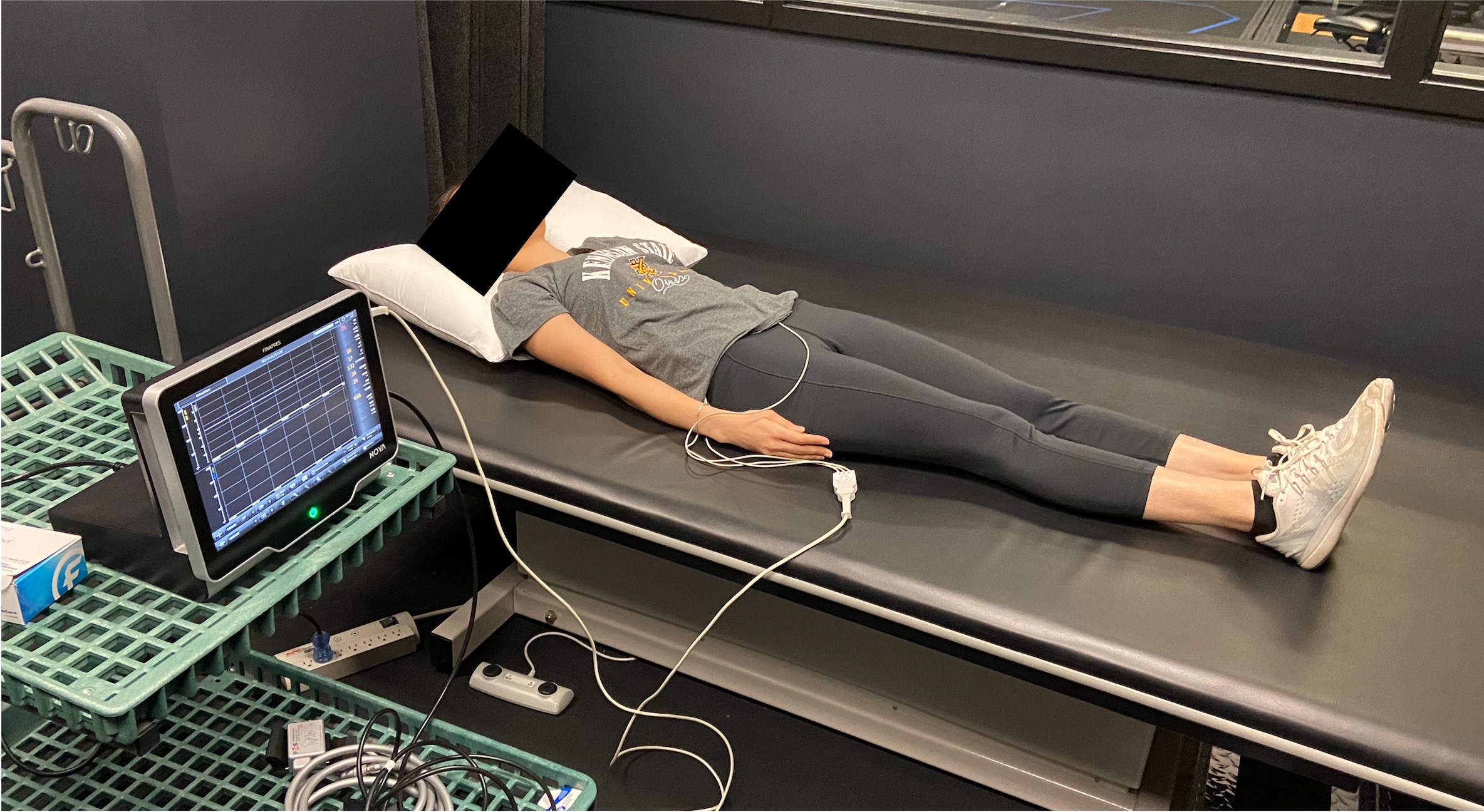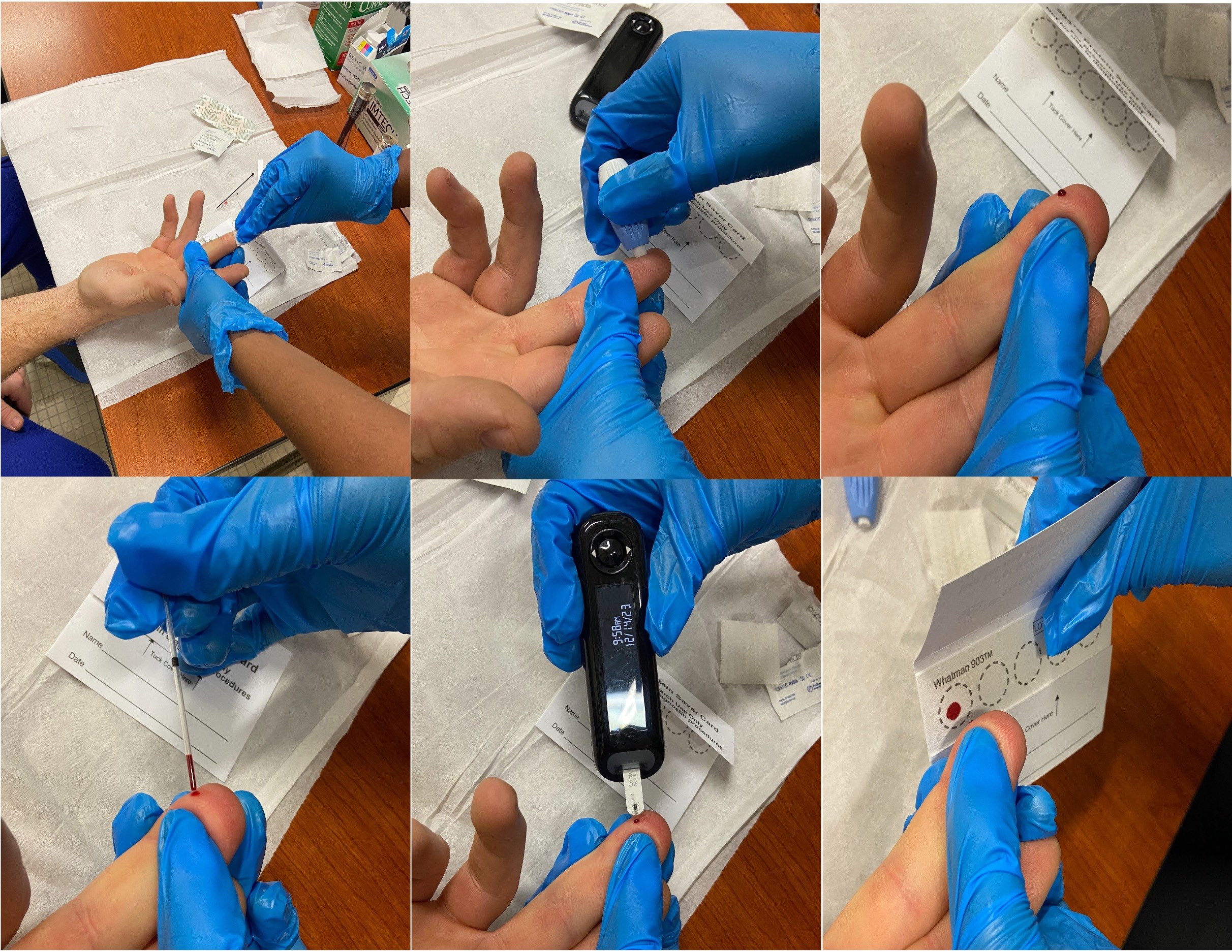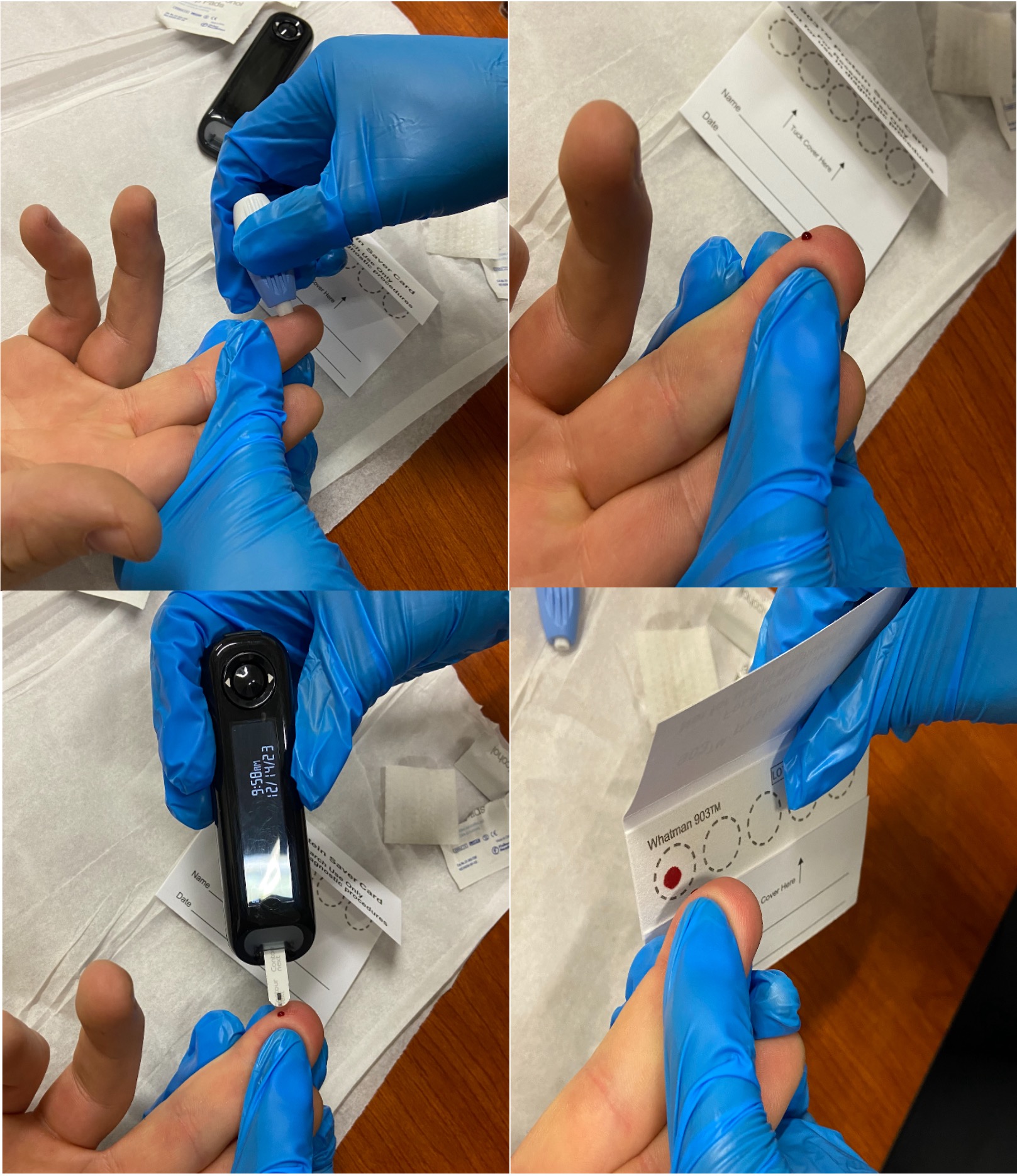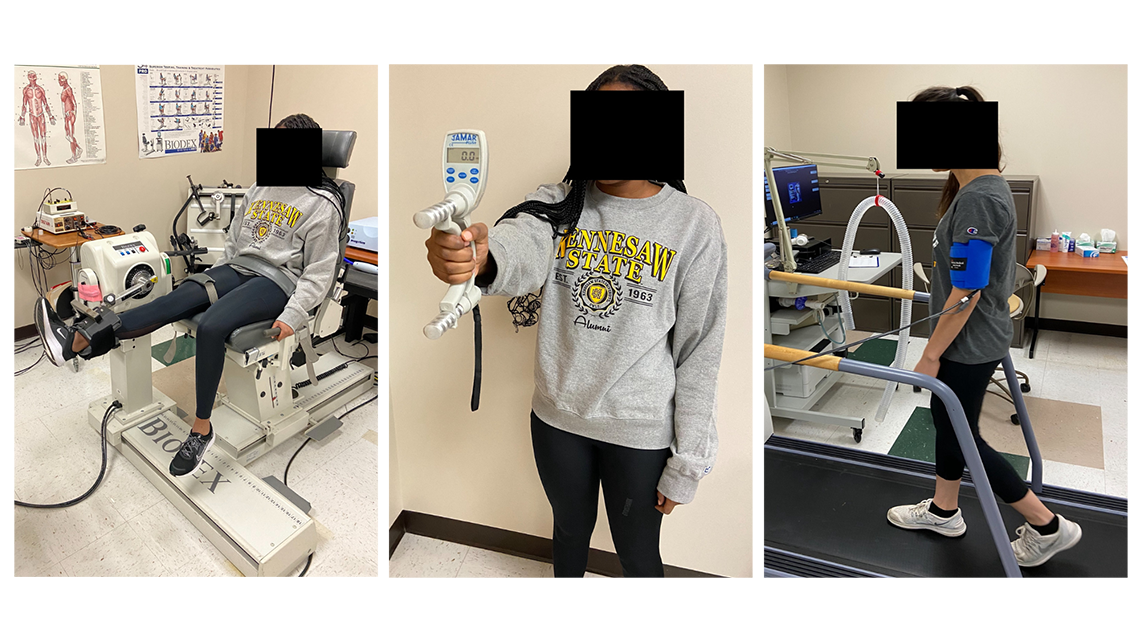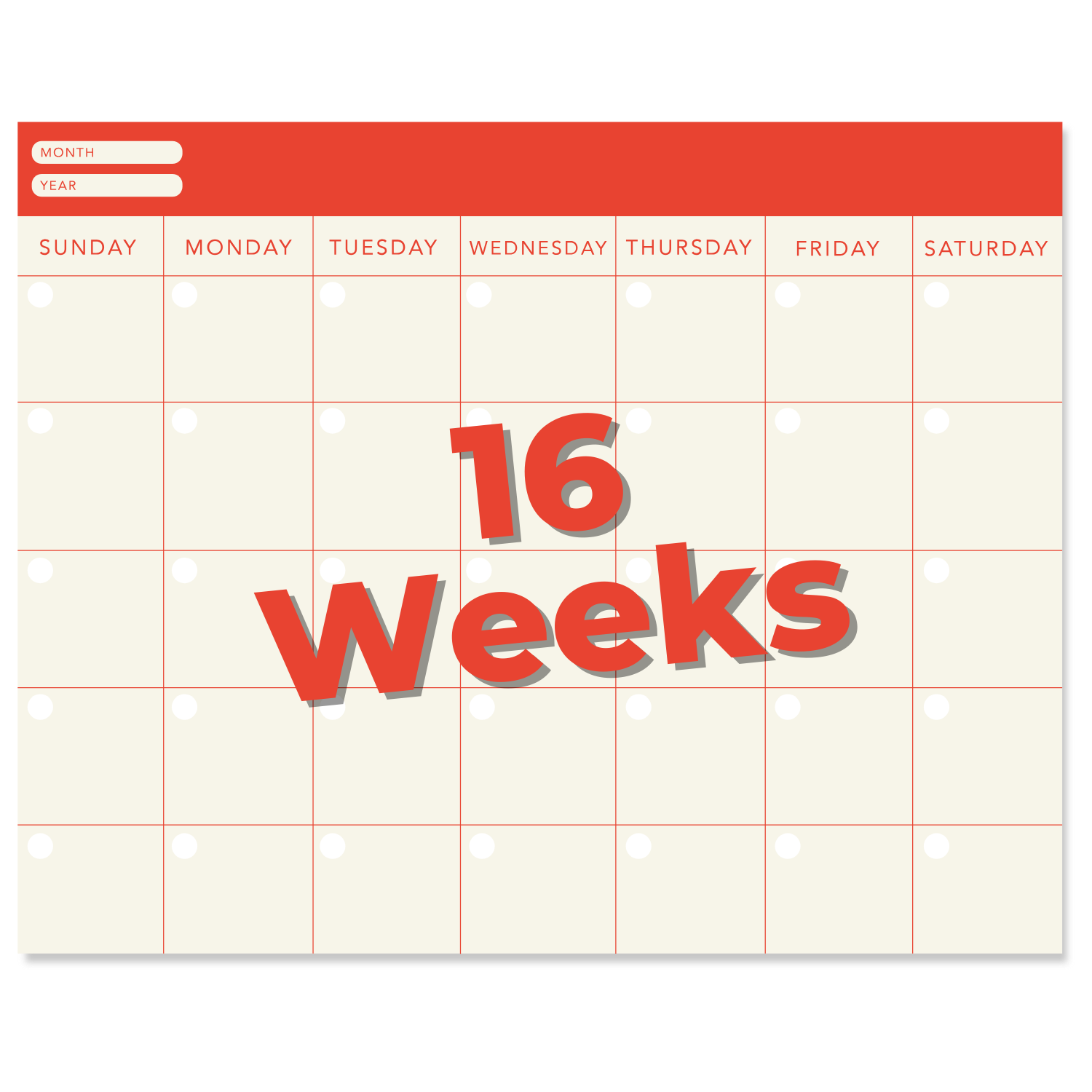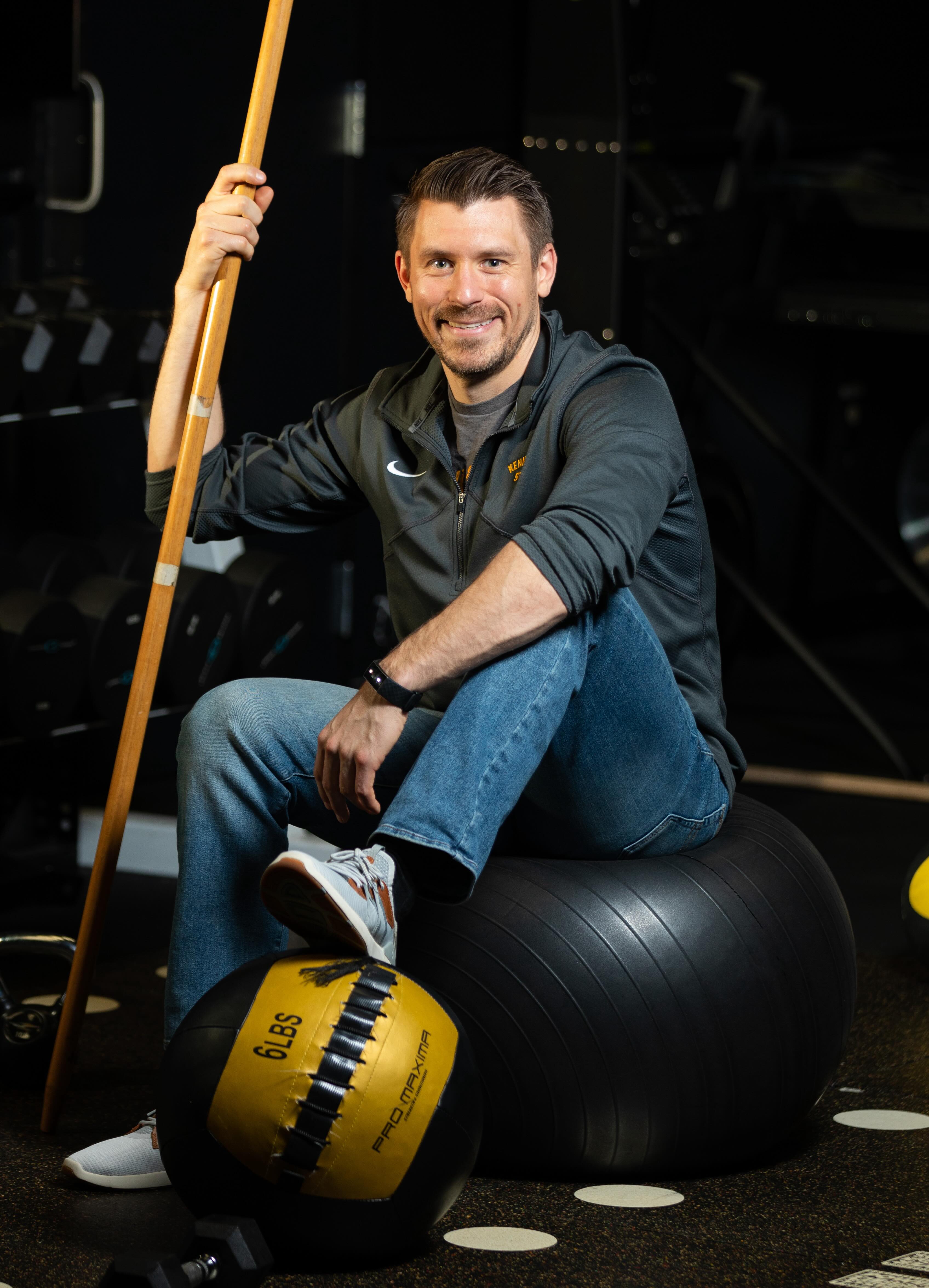Have you been diagnosed with Type 2 Diabetes?
Did you know that there is a strong relationship between exercise and controlling your blood sugar?
When you are too inactive, your body depends almost entirely on the hormone insulin to lower blood sugar. This constant dependence on insulin builds up a tolerance that eventually results in the need for more insulin to perform the same function. Long term, this can lead to insulin resistance and elevated blood sugar, and is a primary cause of Type 2 Diabetes. Muscle contraction, especially through exercise, is the only other mechanism your body has that reduces blood sugar and can be an effective way to help treat diabetes.
Though exercise is a great tool for combating diabetes, there are common barriers for those who wish to participate. Our exercise program developed at Kennesaw State University addresses these barriers:
1. Lack of Time:
Lack of time is one of the most commonly reported barriers to exercise. The commonly
prescribed exercise program for a recently diagnosed type 2 diabetic is 150 minutes
a week of moderate aerobic exercise. Our 16-week program requires a maximum of 40
minutes per week.
2. Lack of Knowledge:
When exercise is prescribed, it often does not come with instructions. Our study will
provide you with a 16-week program, the necessary instruction for proper movement,
and researchers will oversee your first 6 workouts.
3. Expensive Gym Membership:
Gym memberships can be costly and require contracts, and home gyms can be very expensive
on the front end. This study will provide you with a TRX suspension training band
necessary equipment to complete the 16-week study. In addition, this program can be
completed in the comfort of your own home.
4. Too Much, Too Soon:
A common mistake made when engaging in new exercise routines is doing too much too
soon, which can lead to burnout or overuse injury. Our novel program in this study
allows for a more incremental approach that will support both mental and physical
adaptation to the exercise routine.
The current findings of this study have shown:
- Decrease in A1c of 1.75% +/-1.9%.
- Decrease in systolic blood pressure of 15 +/- 21 mm/hg.
- Increase in muscle mass of 1.7 +/- 4.2 lbs.







